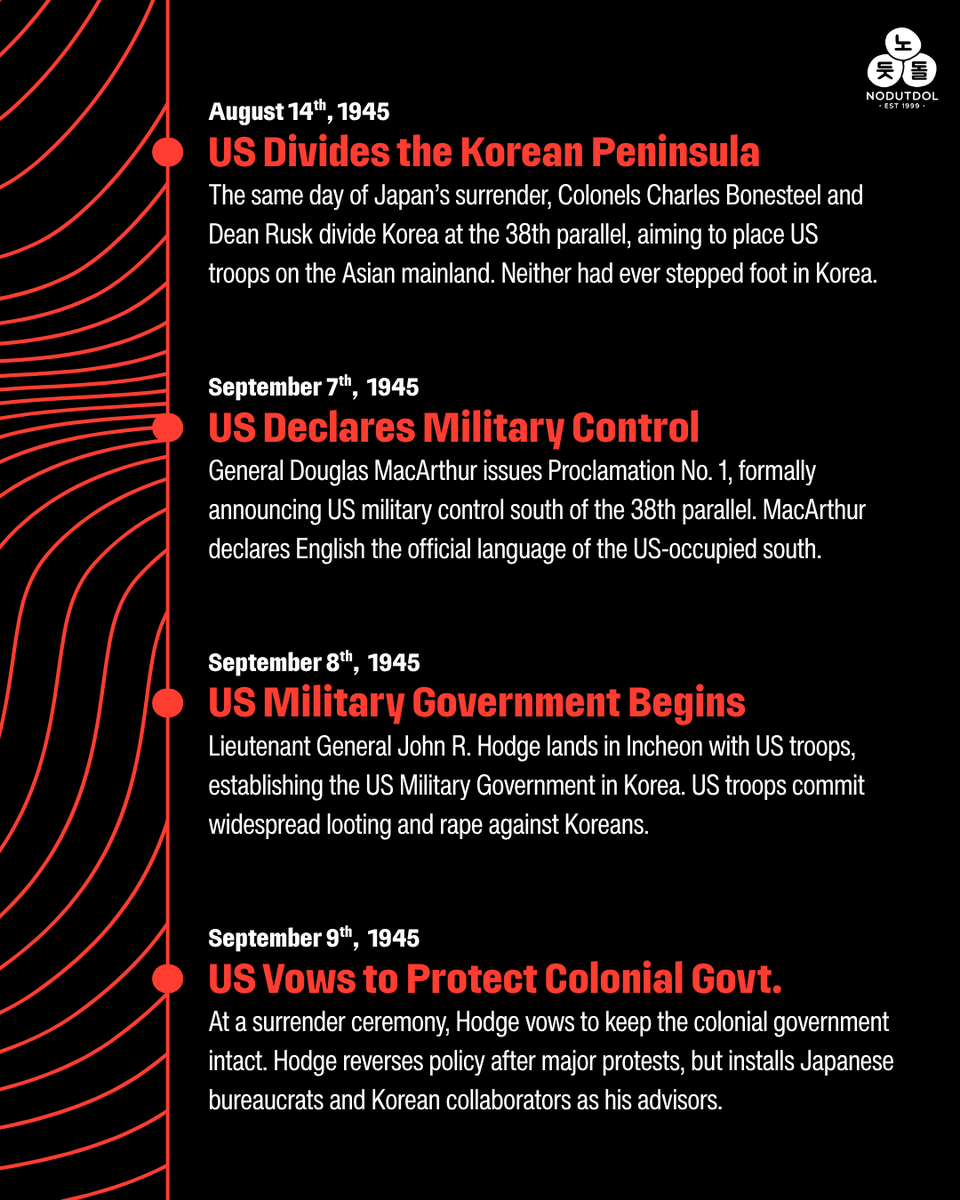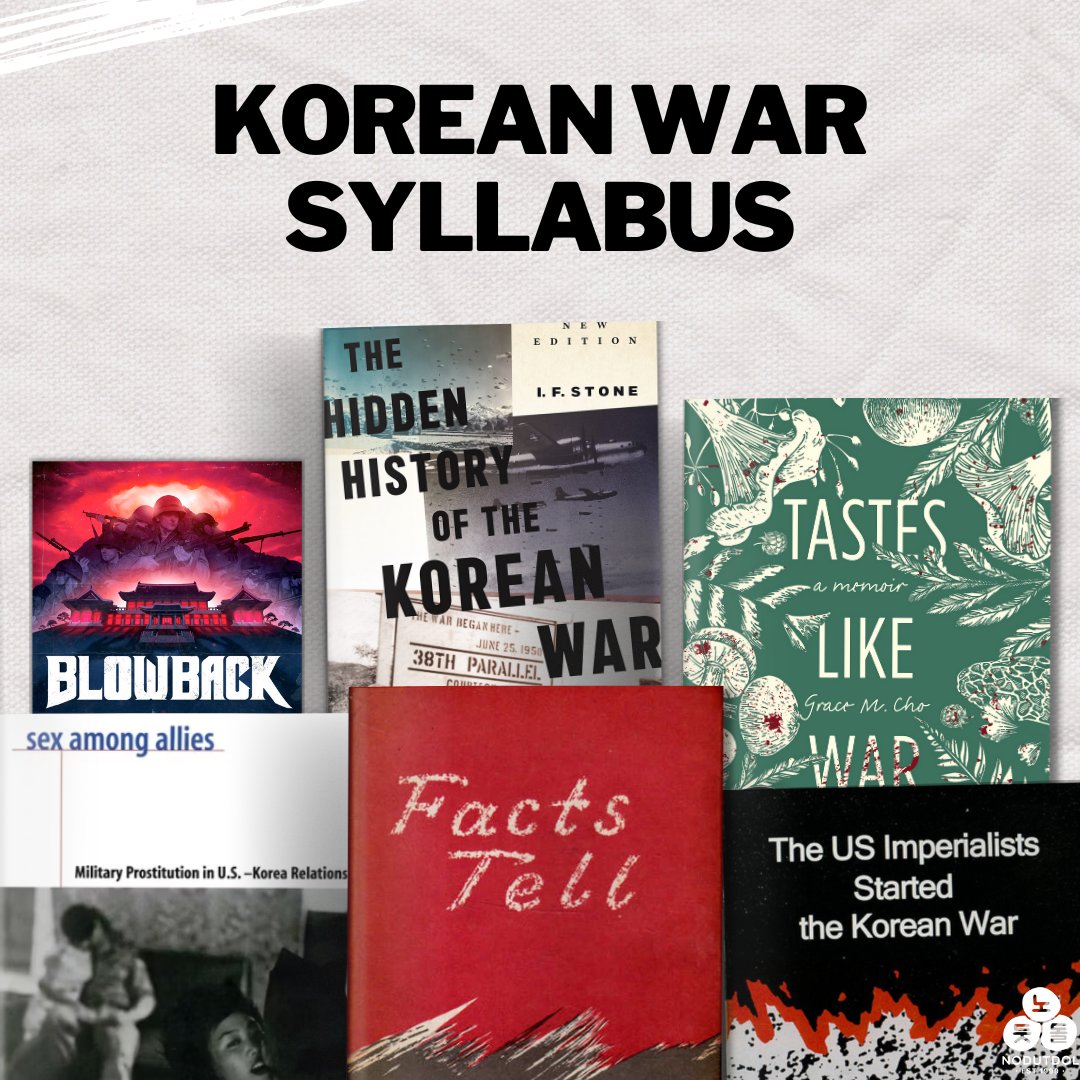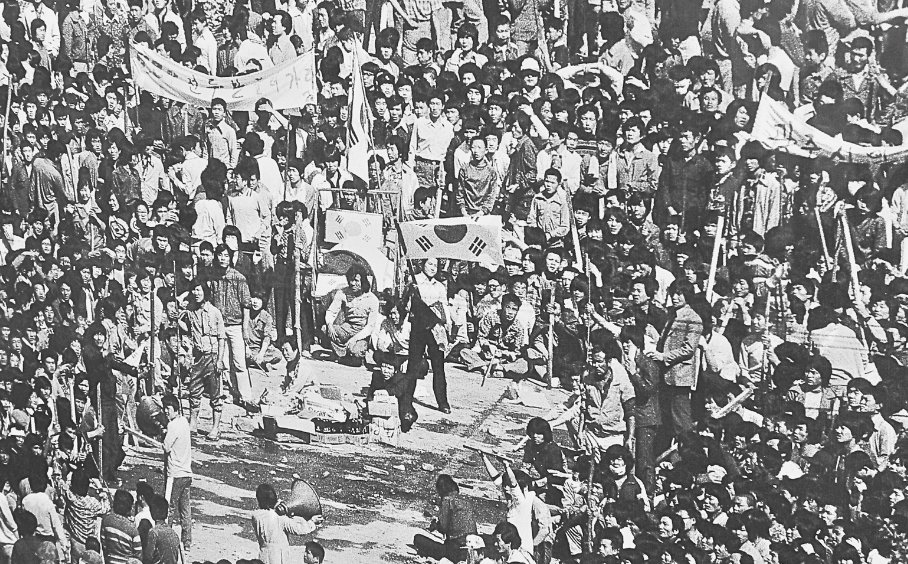Shinzo Abe, former Japanese prime minister, was assassinated. A powerful figure among Japan’s right-wing, Abe was an apologist for imperial Japan’s war crimes and supported US imperialist efforts in the Asia Pacific.
A thread on Abe 🧵
A thread on Abe 🧵

Abe was a member of fascist group Nippon Kaigi.
They claim Imperial Japan’s war crimes were exaggerated or fabricated, and praise Japanese colonialism for “liberating” Asia from the West. In 2014, 15/18 of Abe's cabinet were Nippon Kaigi members.
thedailybeast.com/the-religious-…
They claim Imperial Japan’s war crimes were exaggerated or fabricated, and praise Japanese colonialism for “liberating” Asia from the West. In 2014, 15/18 of Abe's cabinet were Nippon Kaigi members.
thedailybeast.com/the-religious-…
Abe praised his grandfather, Nobusuke Kishi, who played a leadership role for Imperial Japan.
At the end of WWII, Kishi was imprisoned as a suspected Class A war criminal, but the US govt never charged him. Instead, he became Japan’s prime minister.
bbc.com/news/world-asi…
At the end of WWII, Kishi was imprisoned as a suspected Class A war criminal, but the US govt never charged him. Instead, he became Japan’s prime minister.
bbc.com/news/world-asi…

Abe also visited the Yasukuni Shrine on multiple occasions despite opposition from China and Korea. The Yasukuni Shrine enshrines Japan’s war criminals.
koreaherald.com/view.php?ud=20…


koreaherald.com/view.php?ud=20…



Abe refused acknowledgement of Japan's WWII sexual slavery known euphemistically as the “comfort women” system.
Abe disavowed and considered repealing the 1993 Kono Statement which acknowledged and apologized to comfort women.
theworld.org/stories/2013-0…
Abe disavowed and considered repealing the 1993 Kono Statement which acknowledged and apologized to comfort women.
theworld.org/stories/2013-0…
In 2015, Abe and Park Geun-hye settled an agreement to help former “comfort women.” Yet, no victims were consulted and the agreement did not reflect their demands.
Abe later reaffirmed his stance that the “comfort women” system was not a war crime.
reuters.com/article/us-sou…
Abe later reaffirmed his stance that the “comfort women” system was not a war crime.
reuters.com/article/us-sou…

In Oct 2018, south Korea’s Supreme Court issued the opinion that Japanese corporations that used slave labor from Korea during WWII must pay $89K in reparations to surviving slave laborers.
In response, Abe declared a trade war.
nytimes.com/2019/07/15/bus…
In response, Abe declared a trade war.
nytimes.com/2019/07/15/bus…
Under Abe, the government revoked subsidies for Joseon schools for Zainichi Koreans in Japan, taking a hard line against Koreans in Japan.
Zainichi Koreans experience systemic discrimination and hardship.
aljazeera.com/features/2019/…
Zainichi Koreans experience systemic discrimination and hardship.
aljazeera.com/features/2019/…
Abe also also targeted Okinawa, suffering doubly under Japanese colonialism and US imperialism.
In 2019, Abe agreed to relocate a US military base in Okinawa, despite over 70% of its people voting against it in a referendum.
theguardian.com/world/2019/feb…
In 2019, Abe agreed to relocate a US military base in Okinawa, despite over 70% of its people voting against it in a referendum.
theguardian.com/world/2019/feb…
Shinzo Abe upheld US imperialism in Asia, taking a hard line against north Korea and China.
He actively contributed to continuing the legacy of Japanese colonialism by erasing of Japan’s war crimes against enslaved Koreans.
He actively contributed to continuing the legacy of Japanese colonialism by erasing of Japan’s war crimes against enslaved Koreans.

Abe’s LDP party is using the assassination to accuse opponents of being traitors and political violence.
Japan's elections are in 2 days. The defense budget, constitutional reform, and anti-discrimination measures are all on the line. We must keep a watchful eye on the future.
Japan's elections are in 2 days. The defense budget, constitutional reform, and anti-discrimination measures are all on the line. We must keep a watchful eye on the future.

• • •
Missing some Tweet in this thread? You can try to
force a refresh























